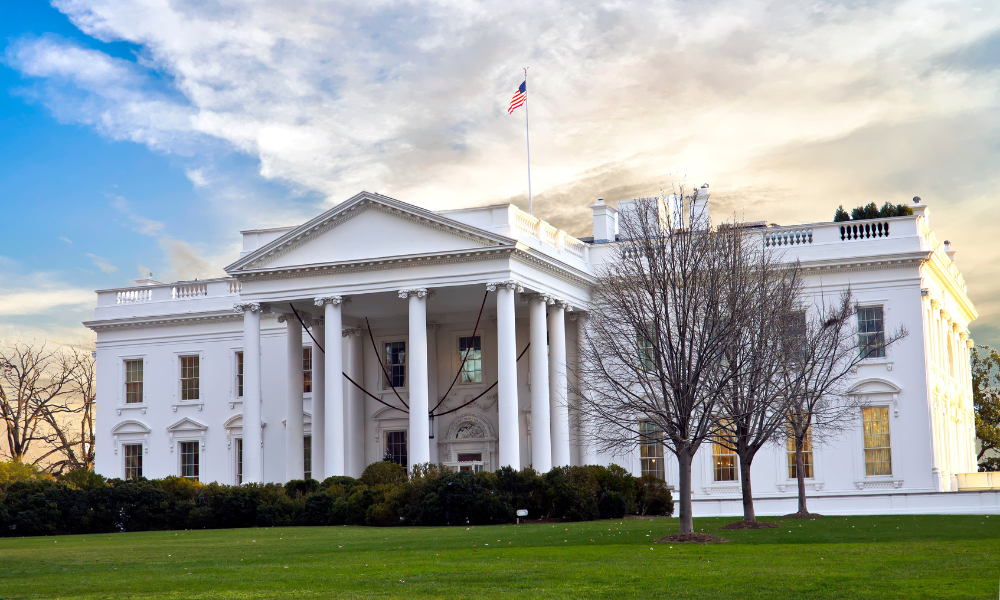US Secretary of State says the US will reset trade terms before negotiating, as tariffs on European imports raise concerns

The United States is contemplating entering bilateral trade negotiations after imposing tariffs on major trading partners, according to Secretary of State Marco Rubio.
According to Reuters, this development follows US President Donald Trump's recent threat to impose a 200 percent tariff on European wine, cognac, and other alcoholic imports.
The move escalates global trade tensions and raises concerns about potential recessions.
Rubio emphasized that these measures are not targeted at specific nations but are part of a global strategy.
He stated that the United States aims to establish a new baseline of fairness and reciprocity before engaging in bilateral negotiations for mutually beneficial trade arrangements.
Rubio did not provide specific details about potential new agreements but underscored the necessity of resetting the current trade baseline to ensure fair treatment.
The proposed tariffs have raised concerns among European wine producers, who fear significant losses in the US market.
French wineries, in particular, could face billions in lost sales if the tariffs are implemented, as the unique qualities of wines like Champagne and Bordeaux are tied to their specific regions and cannot be easily replicated elsewhere.
Domestically, US winemakers might see some benefits from reduced competition; however, the industry faces broader challenges, including declining sales volumes due to inflation, health concerns, and the rise of non-alcoholic alternatives such as cannabis.
As per Barron’s, while total US wine sales rose to US$107bn in 2023, this increase was driven by higher prices, with volumes decreasing. The industry also has a surplus of inventory and grapes from the 2024 harvest, creating oversupply challenges for growers.
According to Reuters, The American Chamber of Commerce to the EU (AmCham EU) has warned that the US-European tariff conflict endangers annual transatlantic business worth US$9.5tn.
The ongoing trade war poses a significant threat to this vital commercial relationship, with potential disruptions to intricate intra-firm trade and spillovers into services trade, data flows, and energy sectors.
In response to these developments, UK Business Minister Jonathan Reynolds is set to visit Washington for trade discussions with US Commerce Secretary Howard Lutnick and US Trade Representative Jamieson Greer.
The talks aim to build on earlier discussions between US President Trump and UK Prime Minister Keir Starmer to negotiate a bilateral trade agreement that benefits both nations.
The UK seeks to foster deeper industry and business ties without immediate retaliation to recent tariffs imposed by Trump on steel and aluminum imports.
Similarly, Indian Prime Minister Narendra Modi has praised US President Trump's preparedness and clear roadmap for his second term. This comes ahead of reciprocal tariffs set by Washington, which could affect Indian exporters.
Modi and Trump had recently agreed to work on resolving tariff disputes and aim for a US$500bn two-way trade by 2030.



